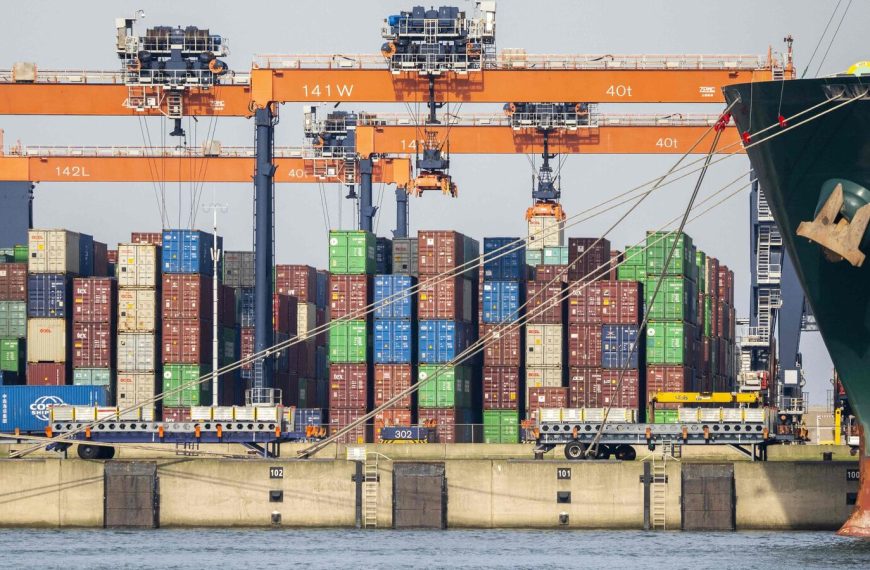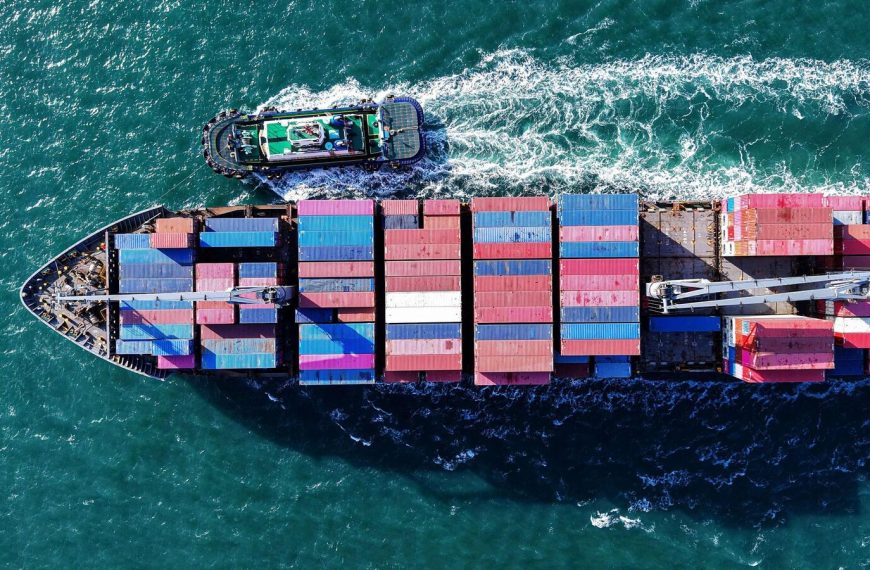As bond yields in Italy, Greece, Spain, and Portugal surge over 30 basis points since the beginning of the month, concerns are mounting about these nations’ hefty debt burdens. These countries, which faced scrutiny during the European sovereign debt crisis more than a decade ago, continue to grapple with high levels of indebtedness, making them sensitive to rising interest rates.
The Ripple Effect of Germany’s Fiscal Strategy
Germany has historically championed fiscal responsibility within the European Union, advocating for stricter spending measures among nations like Italy and Spain. However, a recent shift towards a more lenient spending policy could have unintended consequences for Europe’s most indebted countries.
- Potential Outcomes:
- Other nations may mimic Germany’s approach, leading to a more relaxed attitude towards debt.
- This shift could compromise investor confidence in government bonds, potentially increasing borrowing costs for highly indebted countries.
Robert Burrows, a portfolio manager at M&G Investments, warns, “If Germany opts for deficit spending, it may prompt other nations to follow suit, resulting in a relaxed debt environment across Europe.” He has since reduced his investments in peripheral bonds, reflecting a cautious stance amid changing fiscal policies.
Germany’s Unique Position
While yields have also risen in Germany, many market analysts believe that the country’s robust economy can absorb increased spending on defense and infrastructure after years of budgetary restraint. However, this newfound fiscal flexibility might impact neighboring countries, especially as European leaders discuss plans to relax budget regulations to facilitate additional defense expenditures.
Colin Finlayson, a fund manager at Aegon Asset Management, states, “Germany’s financial strength provides it considerable fiscal room. However, attempts by other European nations to emulate this strategy may not be as widely accepted.”
Rising Debt Across Europe
It’s not just the southern European nations that are feeling the pressure. Countries like France and Belgium have seen their debt levels soar, surpassing those of Spain and Portugal in terms of debt-to-GDP ratios. Recent volatility in French bonds serves as a reminder of how swiftly investor sentiment can shift when heavily indebted nations announce spending increases.
According to Stephen Jen, Chief Executive of Eurizon SLJ Capital, only Germany, the Netherlands, Sweden, and Ireland possess the fiscal capacity to significantly ramp up spending among the 27 EU member states. Jen warns that rising bund yields could widen interest-rate spreads, imposing heavier financing burdens on countries like France, Spain, and Greece.
He noted in a recent interview, “Germany’s aggressive fiscal approach will elevate interest rates across Europe. We have seen the influence of bond vigilantes in action.”
Concerns from EU Finance Ministers
EU finance ministers are apprehensive that bond investors may hesitate to finance increasing defense budgets, fearing that a broader spending surge could exacerbate the current bond market selloff. This uncertainty poses a risk to a popular investment strategy predicting that peripheral bonds would outperform due to expected growth.
Over the past two years, the yield spread between German and peripheral debt has narrowed significantly, with the additional yield demanded for holding Italian bonds dropping to approximately 110 basis points, nearly half of its level from two years prior.
While some investors remain unconcerned about potential destabilization from increased spending, viewing it as a catalyst for economic growth, others are cautious. “While fiscal issues are prevalent, increased defense spending is likely to be accepted by the market,” explains Lynda Schweitzer, a portfolio manager at Loomis, Sayles & Company, who holds positions in Spanish, Italian, and French bonds.
The Search for Alternative Funding
Amid these challenges, some countries are exploring innovative ways to finance their defense budgets without alarming investors. Belgium is rumored to be contemplating the sale of part of its gold reserves, while Italy has proposed leveraging private capital through a complex structure of state and EU guarantees. Additionally, the EU has put forth a plan to extend €150 billion (approximately $158 billion) in loans.
Alex Everett, a fund manager at Aberdeen Group PLC, emphasizes the gravity of the situation: “Debt levels are alarmingly high, and our discussions last year centered around how to reduce them. Ideally, we want to avoid a situation where countries like France and Italy are compelled to borrow excessively on their own.”
As the landscape of European finance evolves, it remains crucial for both policymakers and investors to navigate these complexities judiciously.











